5 Forgotten Classic Horror Games of the Seventh Generation

The seventh generation of video game consoles was certainly a strange one. At the time that the PS3 and Xbox 360 were released, they were absolutely top-notch in terms of power, which explains how they were able to last pretty much an entire decade. The same cannot be said of the PS4 and Xbox One, which are already behind many of the more capable gaming PCs and will probably only last another few years at most.
And let’s not forget Nintendo, who, being Nintendo, decided to release a hugely underpowered console, meaning that it should not have been in direct competition with the 360 and PS3, but they marketed it so well that it outsold both of them. Then they fucked everything up with the Wii U, but that’s another story.
During its epic lifespan, the seventh gen produced some extraordinary horror titles with Bioshock, The Darkness, and Dead Rising being just a few examples. But with the Wii long dead and the PS3 and X360 now on life support and entering their very final days, I thought that maybe it’s time to take a look at some of the lesser known horror titles that deserve more recognition.
1) Operation Darkness (Xbox 360, 2008)
To say that the Xbox brand is dead in Japan would be untrue, as it never had any life there to begin with. All three of Microsoft’s consoles sold in gigantically low quantities in the country, the Xbox 360 sometimes only selling around 900 units per month and the Xbox One sometimes selling as little as 100 units per week. So it remains exceeding rare for a game made in Japan to be an Xbox exclusive, as it basically means that nobody in the country will play it. One of the few examples was a 360 game called Operation Darkness.
Developed by a now defunct studio called Success, it took place during WWII and had you taking control of members of an elite military task force as you went up against zombies, dragons, vampires, and werewolves in addition to more traditional Nazi enemies.
Despite the all-too optimistic name of the developer, Operation Darkness was not a success and is probably the only game on this list that you should not play because by all accounts it was terrible. But its unique position as being one of the only last gen Xbox-exclusive horror titles developed in Japan certainly makes it worth a mention.
The most notable upcoming Xbox-exclusive game coming out of Japan is the dragon adventure Scalebound, which is being directed by Hideki Kamiya, who was also responsible for masterpieces such as Devil May Cry, Okami, and Bayonetta, so it should help to at least help to strengthen the Xbox brand over there.
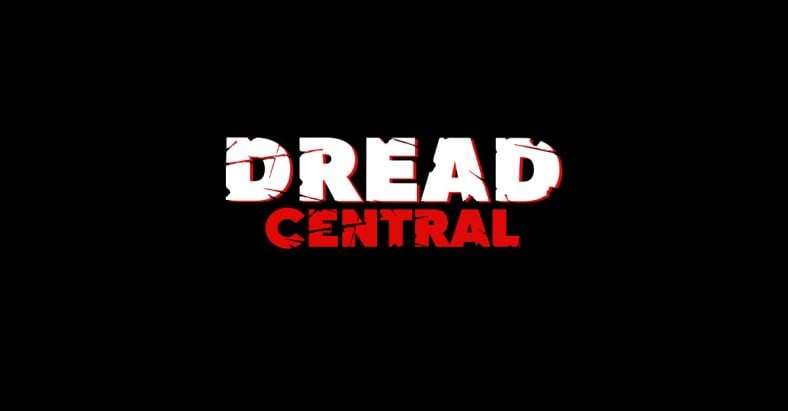
2) Yakuza: Dead Souls (PS3, 2011)
In case you’re unfamiliar with it, the Yakuza series of action RPGs follows Kazuma Kiryu, a high-ranking member of the Japanese Mafia gone straight, who finds his violent past catching up with him. Whilst being a hit in Japan (it was even turned into a film directed by Takashii Miike), the series never took off in the US with the games usually going largely unnoticed there. Hell, Yakuza 6 is scheduled to receive a Western release over three years after appearing in Japan, so clearly the series is not a huge moneymaker for publisher Sega overseas.
In a last ditch effort to make the series popular in the US, Sega surprised everyone by announcing that 2011’s Yakuza: Dead Souls would feature a zombie apocalypse. I imagine that the conversation went something like this: “Okay, we’ve got this series that sells bundles in Japan but peanuts in the US. For the next installment we need to do something different to make it a bankable series in America whilst not alienating the Japanese audience. Hmm, what is popular in the US right now? Hmm, let me think… I’ve got it! ZOMBIES! Zombies are huge in the US, right? So if we put them in the next Yakuza game, it will become a gigantic hit over there, while the return of all the series’ core characters will ensure that it remains relevant in Japan.”
Well, whatever they were trying to do, it failed, as the game only sold around 20,000 copies in the US. As Sega also learned by shoehorning the Sonic brand into anything that moved, simply dumping a popular element into something where it does not really belong is not a certified key to success. But, strangely enough, despite not being a financial success overseas and being born in a boardroom and motivated by greed, Yakuza: Dead Souls was, funnily enough, a damn fine game. Not perfect by any stretch of the imagination, but a hell of a lot more entertaining than many of the more mainstream zombie games out there.
The previous games in the series focused on hand-to-hand and melee combat, with gunplay kept to a minimum, but here fast-paced and frenetic gunplay was the order of the day. Combine that with a surprisingly engaging story that never quite knows if it should take itself seriously or descend into satire (should we laugh with it or at it?) and a dose of that unique Japanese weirdness that makes their games and movies so unique, and we actually had a surprisingly great game.
Japan has a long and sordid history when it comes to censorship in video games. Whilst not as bad as, say Germany, the country still has quite a strong grip on the level of violence that can be featured in games, with decapitations and dismemberments of human and human-like enemies being a particular point of concern. So there is a fair amount of grisly violence in Yakuza: Dead Souls, but don’t expect anything on the level of Dead Island’s uber-detailed and realistic gore. And don’t expect zombies to appear in any more Yakuza games, as Dead Souls was quickly written out of the series’ canon and now seems to be something that Sega regrets. And don’t expect any new games in the series to be released in the US less than a year after releasing in Japan.
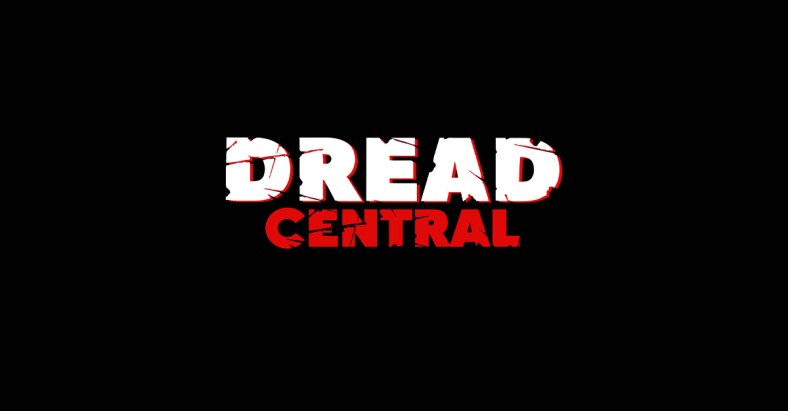
3) Dead Space: Extraction (Wii, 2009)
Dead Space: Extraction sold 9,000 copies worldwide during its first week of release. Allow that to sink in. 9,000. Worldwide.
Flop. Disaster. Catastrophe. Bomb.
Like Sega, EA was clearly motivated by greed. After the runaway success of Dead Space on the PS3, Xbox 360, and PC, they clearly felt that they needed to bring it to the Nintendo Wii to cash in on the huge success that the console was experiencing at the time.
It would not have been possible to port the game to the Wii, as Nintendo’s system was hugely underpowered in comparison to its competition, meaning that most major AAA games would not be possible on the console, so instead, EA decided to release a separate game called Dead Space: Extraction, an on-rails light-gun shooter (as they were too lazy to develop the full third person experience) which, again, was a hell of a lot better than it should have been. Light-gun gameplay proved to be perfectly satisfying when it came to blowing necromorphs to pieces, and all the shock value of the series was present, including one particularly cringe-worthy moment where players had to sever their own hands.
The game was a flop, but sadly, it doesn’t end there. 2009 also saw the release of various other M-rated, then-exclusive Wii horror games (MadWorld, House of the Dead: Overkill, The Grudge, Cursed Mountain, Silent Hill: Shattered Memories, Resident Evil: The Darkside Chronicles, and OneChanbara: Bikini Zombie Slayers), all of which were financial disappointments. The only M-rated Wii games released in following years were downgraded versions of the Call of Duty games and occasional lazy ports of other games. 2009 should have been the year that the Wii dominated the horror game market, but sadly it was the year that proved people are still reluctant to move past Nintendo’s kid-friendly image.
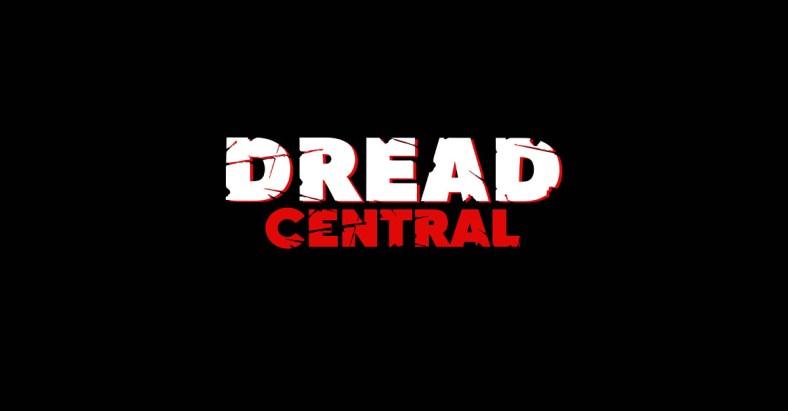
4) Warhammer 40,000: Space Marine (PS3, Xbox 360, PC, 2011)
I’m a huge Warhammer fan so I just had to include this. After the closure of THQ, Games Workshop now allows any developer and publisher who pitch an interesting enough idea to develop a Warhammer game, explaining why there are so many coming out at the moment. Unfortunately, that wasn’t always the case. When THQ had the license, they had full control, meaning that no other video game publishers could touch it. And while they were mostly concerned with churning out strategy games set in the Warhammer 40,000 universe, they did make one left field decision, which was to have Space Marine, developed by Relic, drop the strategy shenanigans and be a Gears of War clone. And a great one at that.
While most action games at the time put emphasis on stealth and cover, Space Marine had you dive headfirst into the action, using axes, hammers, and chainswords to slaughter horde after horde of orks, goblins, chaos daemons, and anything else that got in your way. Good times.
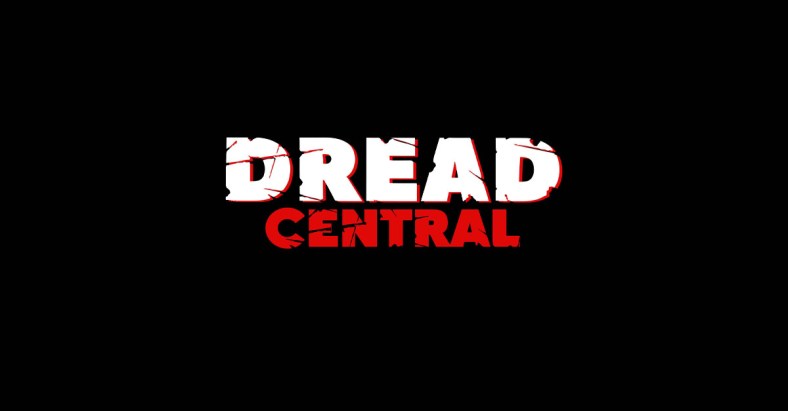
5) Resident Evil: Dead Aim (PS2, 2003)
Before Resident Evil 4 completely reinvented the tired franchise, we had Resident Evil: Dead Aim, which took the familiar formula and spiced it up, whilst keeping many of the core elements intact.
Set primarily on a cruise ship where the T-Virus has turned most of the crew into zombies, it mixed the familiar Resident Evil gameplay with light-gun shooter elements. Kind of like mixing Resident Evil with its rival series, House of the Dead. It was also much more accessible to casual gamers with the trademark puzzles toned down and the enemies (particularly the bosses) posing less of a challenge.
A sidestep, not a step forward, but still an admirable effort to keep the series new and fresh. Sadly, it was not an effort that people appreciated.
It mostly faded into obscurity, and there are probably even die-hard Resident Evil fans who’ve never heard of it. And let’s face it… neither had you. The characters and events of the game were never mentioned again, placing its canon status in question. It has never been ported or remastered, which is particularly odd given that Capcom is the undisputed king of re-releasing its games (there’s now so many versions of Street Fighter 2 that it’s not even funny). It should have been “The Little Resident Evil Game That Could,” but for many it was “The Little Resident Evil Game That Couldn’t.” Sigh.
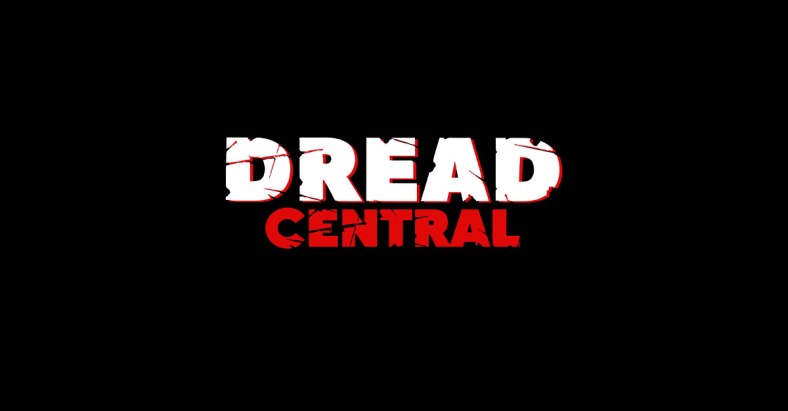
Categorized:Editorials Horror Gaming Lists News

